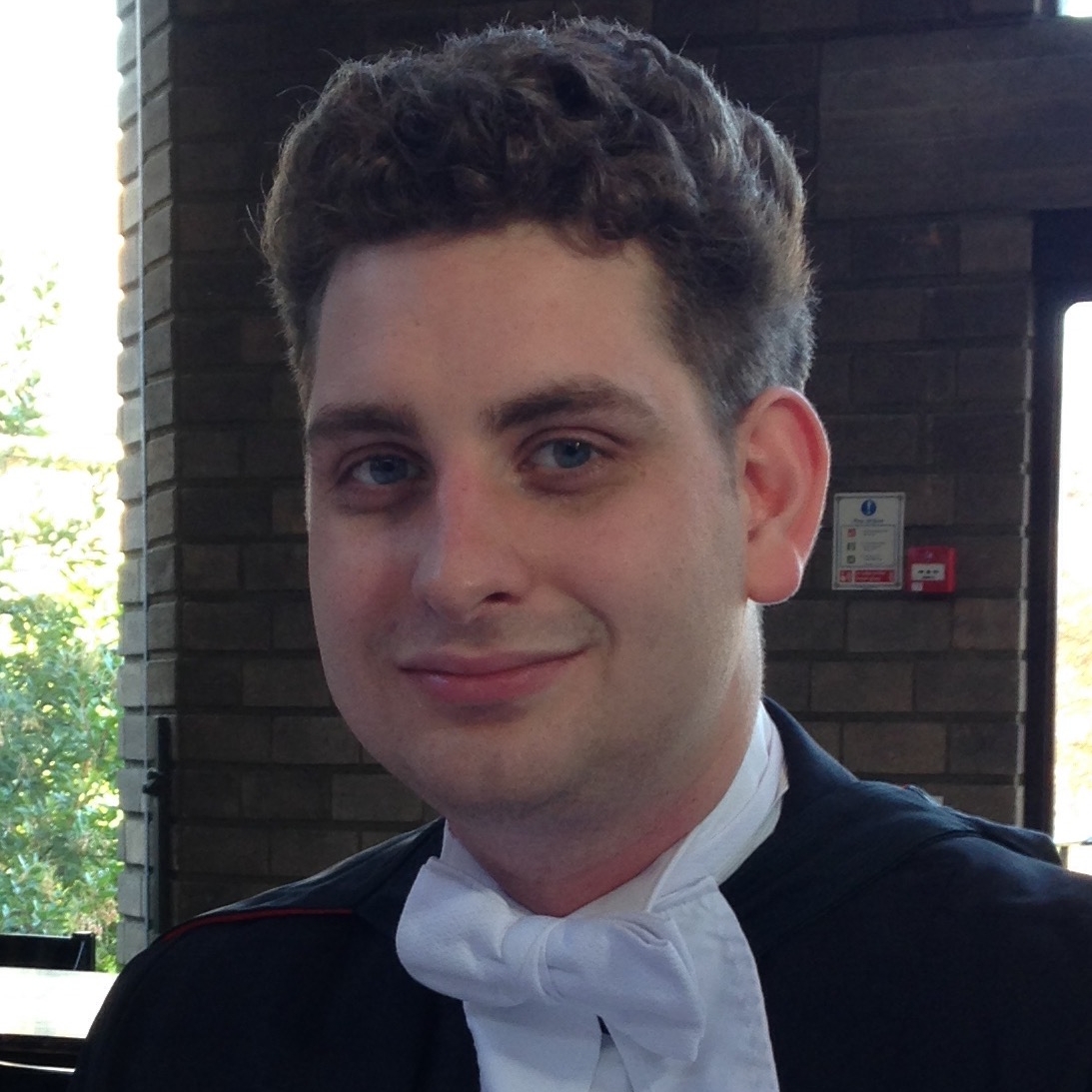I completed my Ph.D in Biochemistry in 2016 at the University of Cambridge, under the guidance of Professor Christopher Howe and Dr Andrew Spicer of Algenuity. Together with collaborators, the Howe lab has pioneered the development of biological solar cells, which are able to produce current as a result of photosynthetic activity in cyanobacteria. I then joined Professor Patricia Harvey’s laboratory to work on the D-factory project, which aims to set up a sustainable CO2 algal biorefinary utilizing the algae Dunaliella. While there I also contributed to a European Commission report ‘food from the oceans’ as part of a high level group of scientific advisors. I have now returned to Chris Howe’s lab as part of the OpenPlant Project. The goal of this project is to create an overexpression system for transgenes that is sensitive to changed in electropotential.
Dr Gonzalo Mendoza
I obtained my PhD in Cell Biology from the University of Edinburgh, mentored by Prof. Jean D Beggs. During this time, I was interested in the spliceosome cycle, in the connection between splicing and transcription, and also in how proofreading factors help to prevent error in splicing. I spent a significant amount of time using the auxin-inducible degron to conditionally deplete essential proteins, and finding ways to improve this depletion system to get a faster and more tightly-controlled response.
My desire to embark on plant synthetic biology, while maintaining an interested in splicing and conditional expression systems, lead me to join the Plant Metabolism Group of Prof. Alison Smith in October 2017, to develop riboswitches as molecular tools to control transgene expression in algae, higher plants and other eukaryotes. The ultimate aim of this project is to develop novel inducible systems for metabolic engineering applications or as in vivo sensors of metabolites.
Dr Francisco Navarro
Francisco J. Navarro's work focuses on the function of small RNA (sRNA) molecules and their use as regulatory elements in synthetic gene circuits. sRNA molecules most likely evolved as a defense mechanism against viruses and retro-transposons, and were co-opted for fine-tuning of gene expression. Their small size and predictable targeting rules make them perfect tools for regulating gene expression in synthetic gene circuits. This project is carried out in the green alga Chlamydomonas reinhardtii, which is amenable to genetic manipulation and a model organism for key plant processes, such as photosynthesis. With an sRNA pathway that resembles that of higher plants, Chlamydomonas allows the testing of proof-of-principle small RNA-based genetic devices before extrapolating to other plant species.
Francisco completed his PhD in the laboratory of Prof. Jose Manuel Siverio (University of La Laguna, Spain), studying nitrate assimilation in Hansenula polymorpha, a methylotrophic yeast with important biotechnological applications. This was followed by a postdoc in the laboratory of Sir Paul Nurse, first at The Rockefeller University, USA, and then at the London Research Institute, on cell size control and regulation of gene expression by RNA-binding proteins. Through systematic screening of a gene deletion collection of the fission yeast Schizosaccharomyces pombe, he identified a set of novel genes involved in the coordination between cell growth and cell cycle progression. In 2015, he joined the laboratory of Sir David Baulcombe in the Department of Plant Sciences, University of Cambridge.
Francisco’s research interests concern questions regarding global regulation of gene expression and limits of cell growth. These questions are relevant to synthetic biology because synthetic gene circuits are embedded into the cell’s own gene network, and so their activities are not insulated from global cell regulation. He believes that microorganisms, like Chlamydomonas, will continue to be useful research models to uncover new exciting biology, and contribute to the advancement of synthetic biology. The fast growth of unicellular algae, in addition to a range of recently developed tools and resources, are making these organisms an interesting chassis for synthetic biology, with industrial applications in the biopharming sector.
He is also a collaborator of Café Synthetique, an informal monthly meetup with public talks that brings together the Cambridge synthetic biology community
Mr Louis Wilson
I started as an OpenPlant PhD student at the University of Cambridge in September 2016, where I will complete three rotation projects before selecting my final PhD project. I am interested in all parts of plant biochemistry, but my projects tend to focus on the characterization and manipulation of enzymes and catalytic pathways.
In my first rotation project, I worked with Prof. Alison G Smith in Cambridge on metabolic gene clusters, developing methods for the expression of higher plant clusters in algae and yeast, and the detection of potential clusters endogenous to algae themselves. During this time I wrote a number of computer scripts for cluster detection and began the assembly of a heterologous expression system using a yeast MoClo system from the Dueber Lab.
Now in my second rotation project, I am working with Paul Dupree to study and engineer cell wall-modifying enzymes for improved crops, food and materials. I have been using OpenPlant heterologous expression systems and a transient expression construct from the Lomonossoff lab to assess the stability of glycosyltransferases in vitro, with the aim of finding better enzymes for further study and exploitation. Increasing our understanding of these enzymes may ultimately permit the creation of designer fibres and saccharides, as well as being able to manipulate the properties of plant cell walls.




